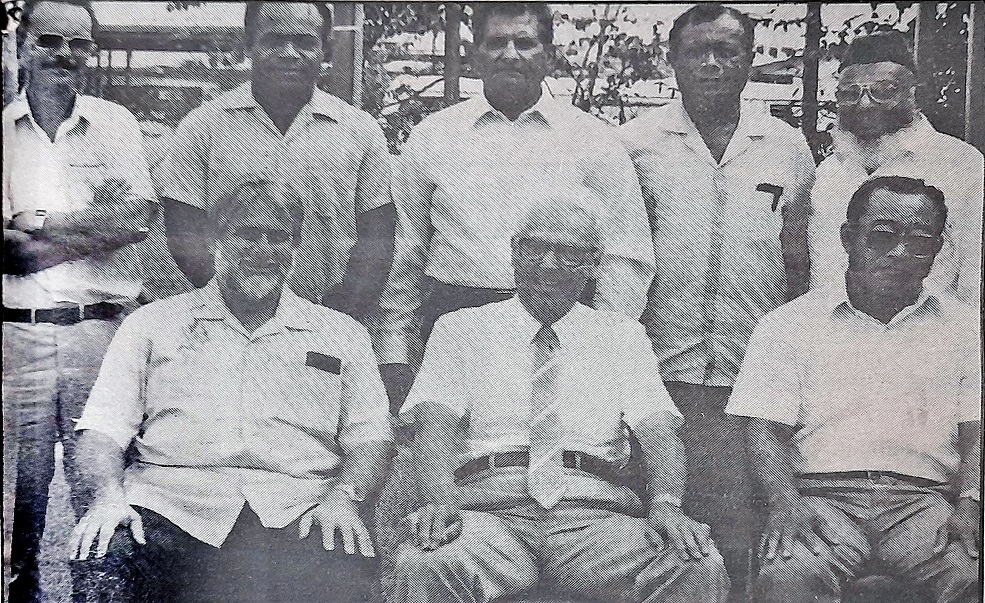Quality locally made leather goods in the 1980s was slowly beginning to climb the ranks as the newest and most successful export option in the country.
In an article in The Fiji Times on March 19, 1988, it was estimated that sales of the leather goods to Australia — the country’s biggest buyer — was expected to reach one million dollars by the end of that year.
Thousands of handbags, shoes and other products manufactured in a factory in Vatuwaqa, Suva had earned the facility a reputation for producing first-class products.
Marketed under the exclusive Mr Christian brand name, the Fiji leather goods began appearing on shop shelves in Sydney and in other major Australian cities, and, on a smaller scale, in New Zealand.
The items were fashioned from leather produced at the Fiji Meat Industry Board’s (FMIB) tannery in Nasinu.
Reg Woodman, the chairman of the Fiji Meats Industry Board, said it was satisfying to see the local leather industry make a foothold.
“We now have high hopes for the future of Fiji’s leather goods industry,” Mr Woodman proudly said.
“But to continue the success of this new export business, we are hopeful that Australia will grant Fiji increased export quotas to cater for our products.”
The story of Fiji’s leather industry began in 1974 when the New Zealand government via an aid program and the FMIB established the Suva Abattoir to serve farmers and butchers in the Suva and Nausori areas with operations starting in 1976.
Noting its success, the Fiji government urged the FMIB to open an abattoir in the Western Division.
Funded by some Fiji National Provident Fund assistance, the FMIB took up the challenge and constructed a $1 million Vuda abattoir which started operations in 1983. “The government, through the Ministry for Primary Industries, had always given the FMIB tremendous support and assistance.
“Without this excellent rapport and interest, the board could not have achieved all that it had over the past 19 years,” Mr Woodman said.
In the 1980s, the Vuda abattoir, and FMIB, in consultation with Augus Nugent & Sons Pty Ltd, Australia’s leading tanning company, initiated plans to establish a tannery.
This was eventually set up in 1984 at a cost of $900,000 with a third of the funding coming from New Zealand aid.
The tannery spent the first two years getting established and in its third year began to realise a profit.
This was the result of its association with Island leatherworks, a Fiji-based manufacturing company which was a partnership compromising Atlas Trading Co Ltd of Suva, the Mr Christian Group of Sydney and Venue Pty Ltd, also of Sydney.
The tannery then began supplying 90 per cent of its leather to the Vatuwaqa factory which had placed forward orders for $700,000 worth of leather a year.
The FMIB was planning to increase production at the tannery to cope with the additional leather requirements of Island Leatherworks and other local companies showing possible interest in its quality leather.
Mr Woodman said the success of the leather importation was largely because of the talented local staff members who had been producing international quality leather.
Mr Woodman, one of Suva’s best businessman, had the distinction of being the longest-serving board chairman of a statutory organisation.
He headed the FMIB and held directorships to the board of a number of companies in the Capital City.
He also had been closely involved in golf administration at national and international levels throughout his time in Fiji.



